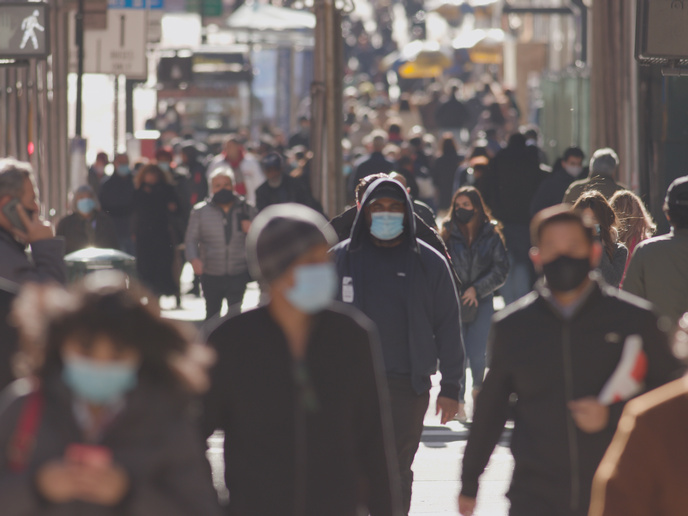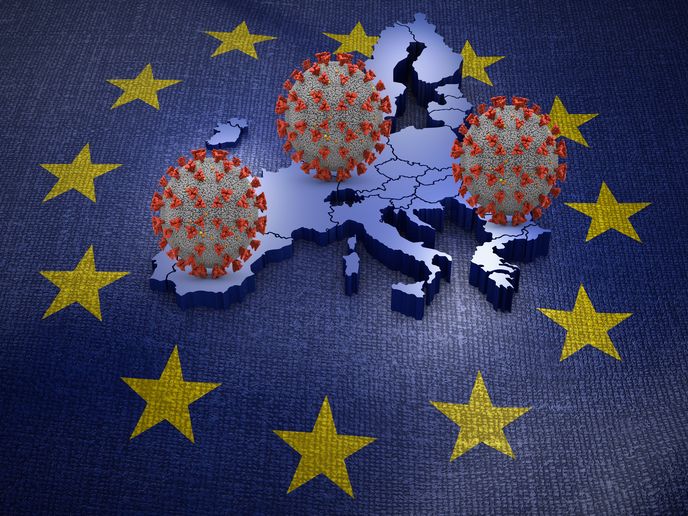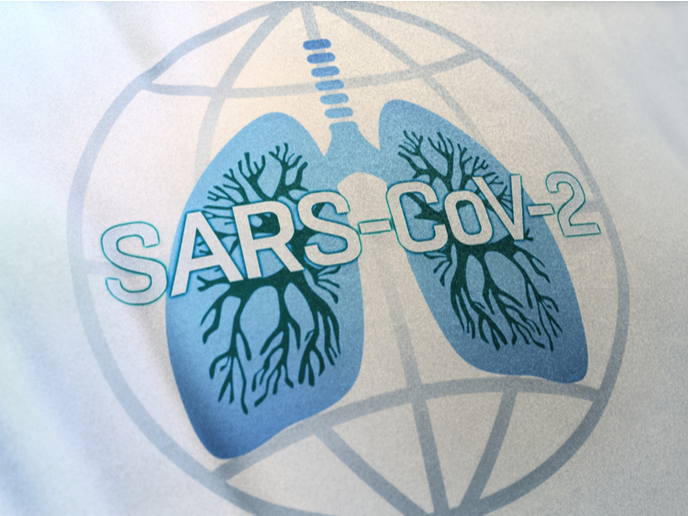Early, targeted intervention supports mental well-being
When the COVID-19 pandemic hit Europe in early 2020, governments, institutions and researchers were focused on containing the virus, treating patients and developing a vaccine. Within a few months, however, concerns began to emerge about the mental well-being of citizens. This inspired the RESPOND project, which was launched in late 2020 during the height of the pandemic. “There was a lot that we didn’t know at the time about mental health and well-being,” says RESPOND project coordinator Marit Sijbrandij from VU Amsterdam in the Netherlands. “We wanted to see how public healthcare was dealing with these effects, and to see how early interventions could help.”
Trialling tools to support mental well-being
To do this, the project worked closely with two established World Health Organization interventions. The idea was to tailor these tools to address specific needs, and to develop targeted help for groups most at risk of developing mental health issues. The first tool, called Doing What Matters in Times of Stress (DWM), is an illustrated management guide for coping with adversity, available on a smartphone. The guide includes self-help techniques on topics such as being kind, making room and helping people cope with stress. The tool is supported by weekly short phone calls with a helper. The second tool, called Problem Management Plus (PM+), provides help and advice to people suffering distress. The tool is targeted at communities that might be especially exposed to adversity. It is delivered by a trained non-professional helper in the native language. “We wanted to see if these programmes could be used by people remotely, with support available via Zoom, to aid well-being,” adds Sijbrandij. “We adapted resources accessible through smartphones for this purpose.”
Remote solutions to reduce stress
While the intervention of vaccines enabled the world to overcome the pandemic, the long-term mental health impact of COVID-19 remained unclear. At this point, the project team began focusing on specific groups who might have been most affected by the pandemic. These groups included health workers in Spain, refugees and migrants in Italy, Polish labour migrants in the Netherlands and people living precariously or without shelter in France. Many of these people would have been living and working in crowded environments, and perhaps cut off from the rest of their family. “These groups were first; they were provided with DWM,” notes Sijbrandij. “If they still experienced some distress, they would be offered PM+. DWM also included a 15-minute chat with a coach once a week. We found these interventions to be successful in reducing distress in all groups.”
Well-being in health-related decisions
The project team also examined the extent to which policymakers took account of mental health and well-being in health-related decisions. This led to a series of recommendations, which included the importance of focusing on resilience, social cohesion and targeted interventions for vulnerable groups. The project’s tools have since gone on to be used in other projects. These include an initiative to assess the mental well-being of Ukrainian refugees in Poland, Romania and Slovakia, as well as a project looking at work-related stress in SMEs. “Our RESPOND intervention strategy has been registered in the EU’s Best Practices Portal,” says Sijbrandij. “We are also currently working to establish a training academy for these scalable interventions, which will help to ensure that our strategies are maintained and available, in times of crisis.”
Keywords
RESPOND, COVID-19, virus, health, mental well-being, vaccine







